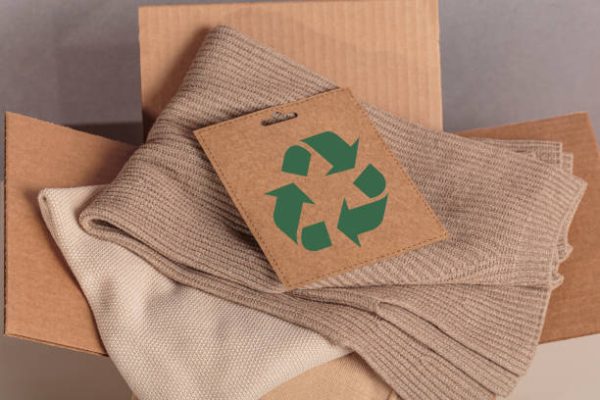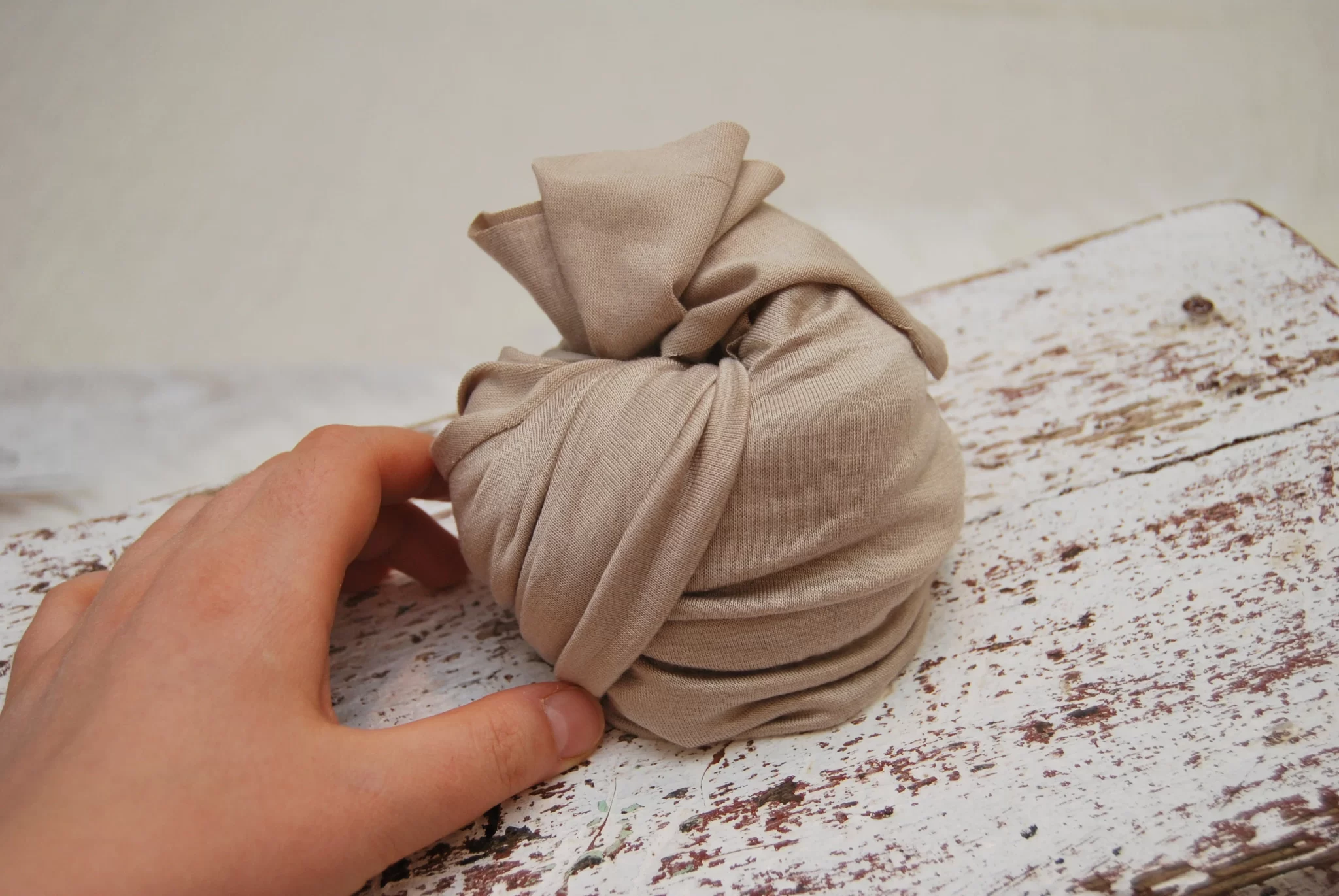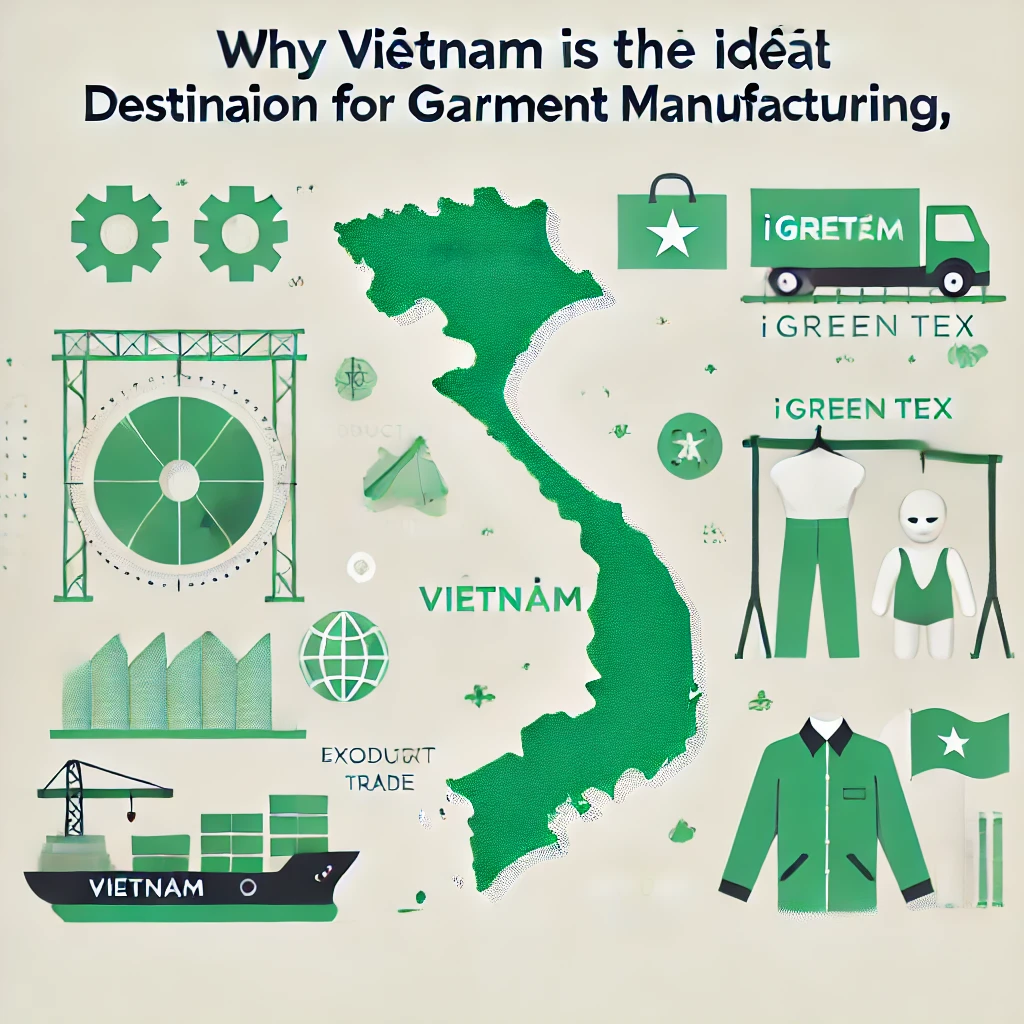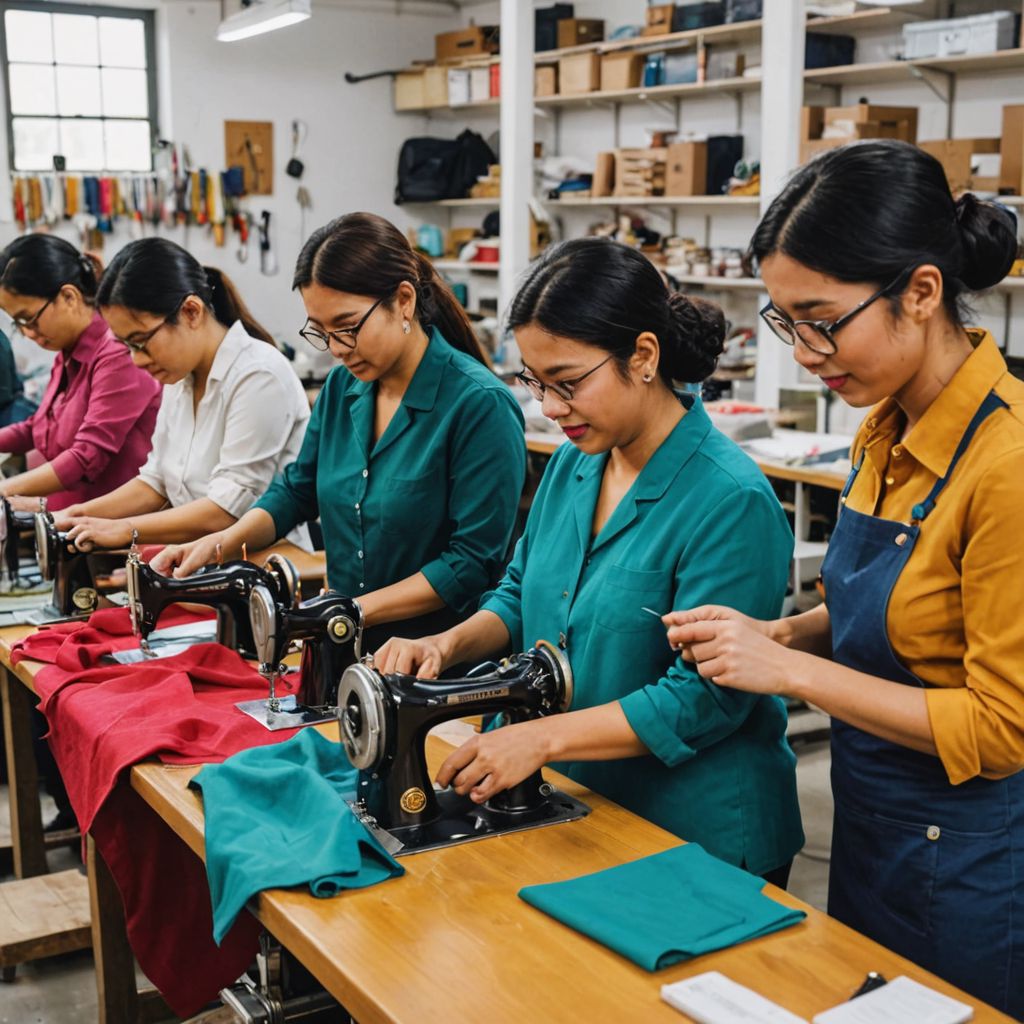As the world becomes more aware of environmental issues, the fashion industry embraces sustainability. A key part of this change is the innovation in apparel fabrics, particularly the rise of bio-based textiles. These fabrics are made from renewable natural resources, offering a greener alternative to synthetic materials like polyester and nylon. In this blog, we’ll explore the evolution of bio-based textiles and their role in shaping the future of sustainable fashion.
What Are Bio-based Textiles?
Bio-based textiles are made from biological resources like plants, algae, and even waste materials. Unlike synthetic fibers, which are derived from petrochemicals, bio-based textiles have a lower environmental impact. They are biodegradable, renewable, and often require less energy to produce. Examples of bio-based fibers include bamboo, hemp, organic cotton, and newer innovations like pineapple fiber (Piñatex) and mycelium, which is made from mushrooms.

Why Bio-based Textiles Matter
The production of conventional fabrics, especially synthetic ones, generates significant carbon emissions and contributes to pollution. On the other hand, bio-based textiles offer a more eco-friendly option for apparel fabrics, addressing both environmental and ethical concerns. They help reduce water consumption, lower greenhouse gas emissions, and minimize waste. As consumers become more conscious of their fashion choices, the demand for sustainable fabrics continues to grow.

Popular Bio-based Textiles in Apparel Fabrics
1. Bamboo Fabric
Bamboo has become a popular choice in sustainable fashion due to its rapid growth rate and minimal need for pesticides. The fibers derived from bamboo are soft, breathable, and naturally anti-bacterial. Bamboo is used in a variety of apparel fabrics, from casual wear to activewear.
2. Hemp Fabric
Hemp is another fast-growing plant that requires little water and no synthetic chemicals to thrive. It produces strong, durable, and UV-resistant fibers, making it ideal for clothing that needs to withstand tough conditions. Hemp fabric is often blended with other natural fibers to create eco-friendly apparel fabrics.
3. Organic Cotton
Traditional cotton farming is resource-intensive and often involves the use of harmful pesticides. In contrast, organic cotton is grown without synthetic chemicals, making it a healthier and more sustainable option. It is soft, breathable, and widely used in eco-friendly fashion collections.
4. Piñatex (Pineapple Fiber)
Piñatex is an innovative textile made from the waste leaves of pineapples. This by-product of the fruit industry is turned into a leather-like material, providing a vegan alternative to animal leather. It is used in a variety of apparel fabrics, especially in accessories like shoes and bags.
5. Mycelium (Mushroom Leather)
Mycelium is an emerging material that is grown from fungi. It is biodegradable, renewable, and has a texture similar to leather. Brands are beginning to experiment with mycelium for apparel fabrics, using it in footwear and outerwear.
The Future of Apparel Fabrics: A Shift Towards Sustainability
The future of apparel fabrics is undeniably shifting toward sustainability. Brands are recognizing the importance of reducing their environmental footprint, and bio-based textiles are leading the way. As technology advances, we will likely see even more innovative fabrics that are not only sustainable but also offer superior performance, durability, and comfort.

Consumers also play a vital role in this shift. As more people seek out eco-friendly clothing, the fashion industry will continue to adapt, driving further innovation in sustainable materials. Choosing bio-based textiles not only helps the environment but also supports ethical labor practices and fair trade in many cases.
Conclusion
The rise of bio-based textiles marks a significant step forward in the sustainability movement within the fashion industry. From bamboo and hemp to more experimental materials like Piñatex and mycelium, these innovative fabrics are transforming the way we think about clothing. By embracing bio-based apparel fabrics, we can reduce our environmental impact and promote a more sustainable future for fashion.
As we move forward, the combination of sustainability and innovation in apparel fabrics will shape the industry for years to come, offering consumers stylish, eco-friendly, and ethically-produced clothing options.
About IGREEN TEX
IGREEN TEX is a provider of fashion and textile products, offering a wide range of apparel both domestically and internationally. Our commitment to quality ensures that our products not only meet the highest standards but also promote eco-friendly practices.
To view product information click here.
Visit our website to learn more about our products and services: IGREEN TEX.
IGREEN TEX VIETNAM CO LTD
Address: No. 83, A4 Street, Ward 12, Tan Binh Dist, HCMC
Tax code: 0315844409
Email: info@igreentex.com
WhatsApp/Viber/Zalo: +84 938.045.900



